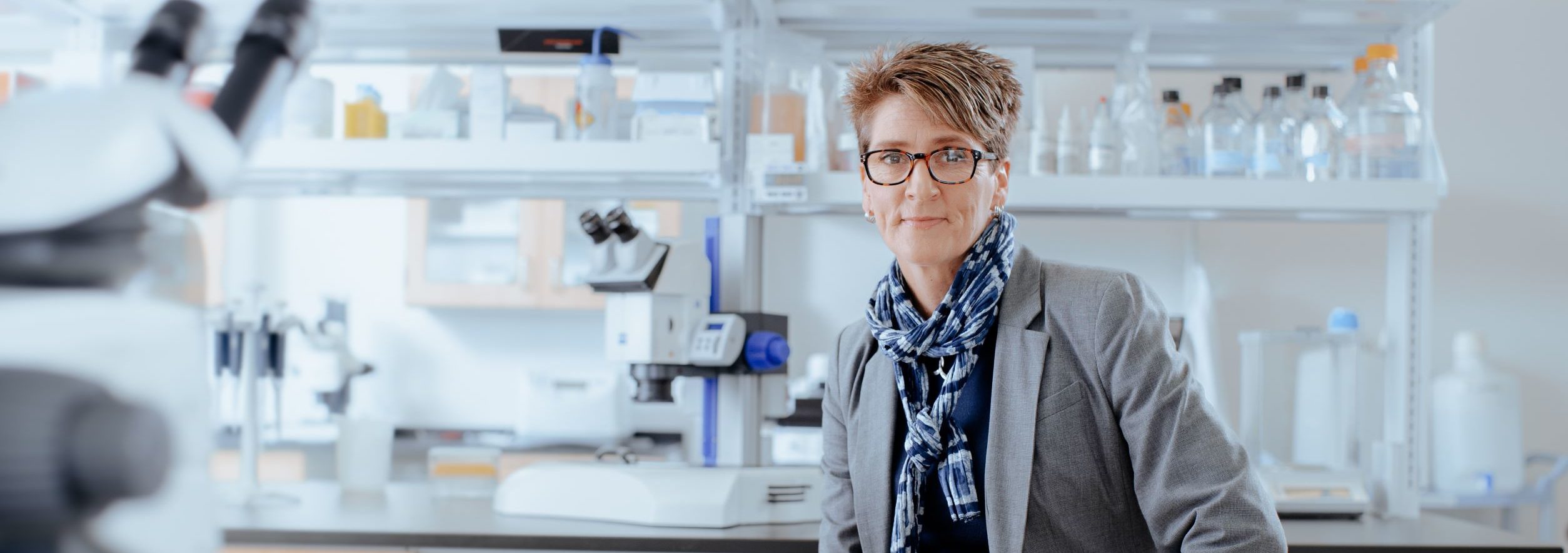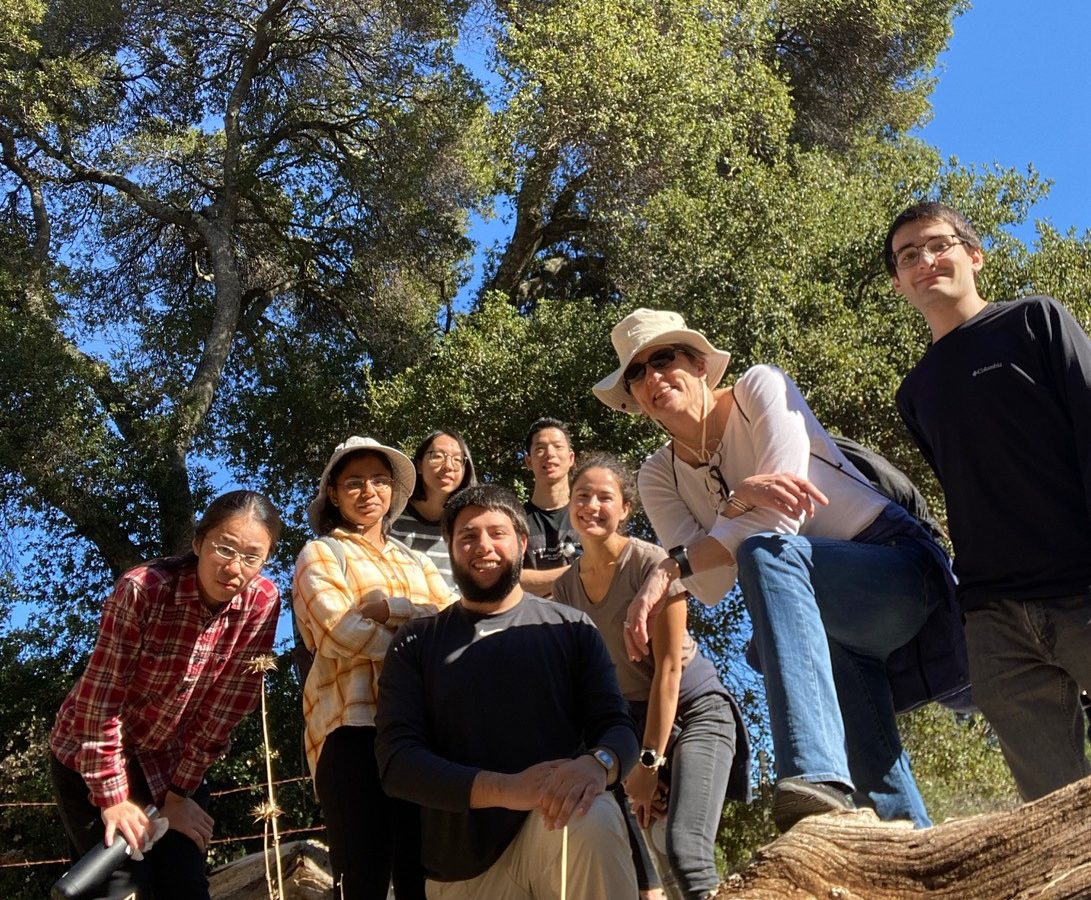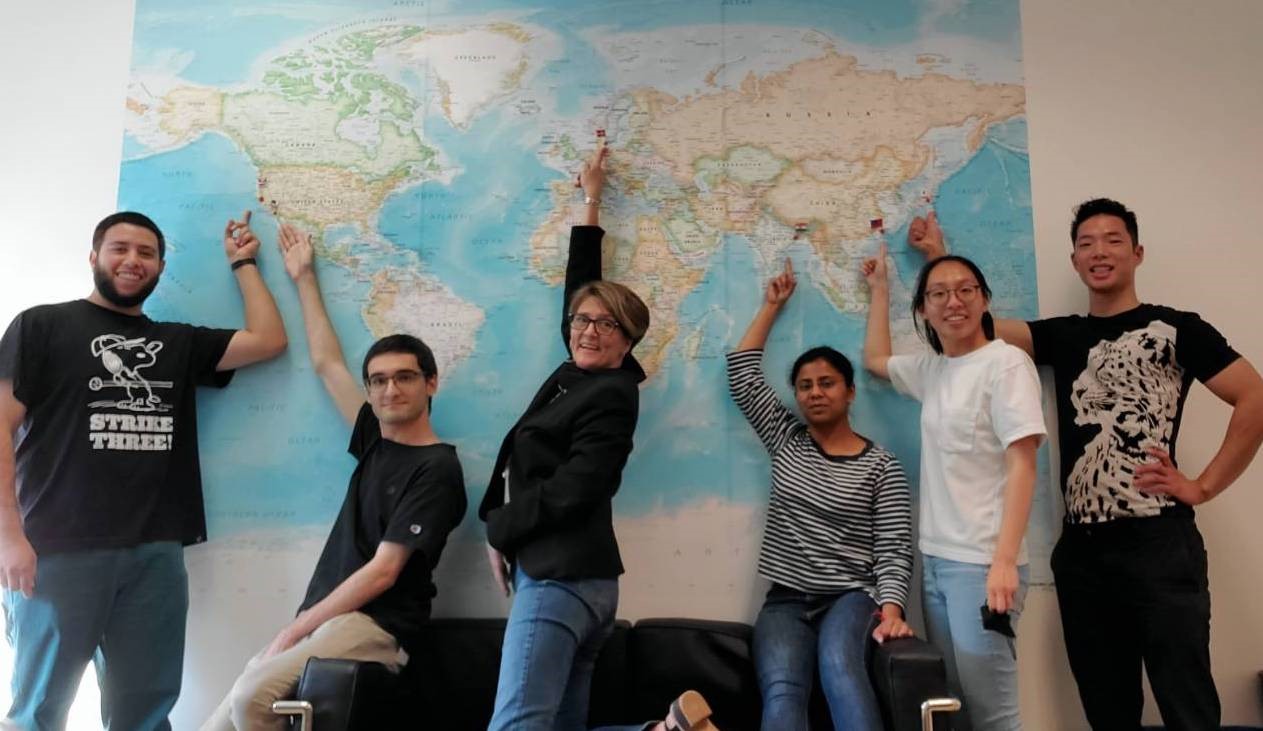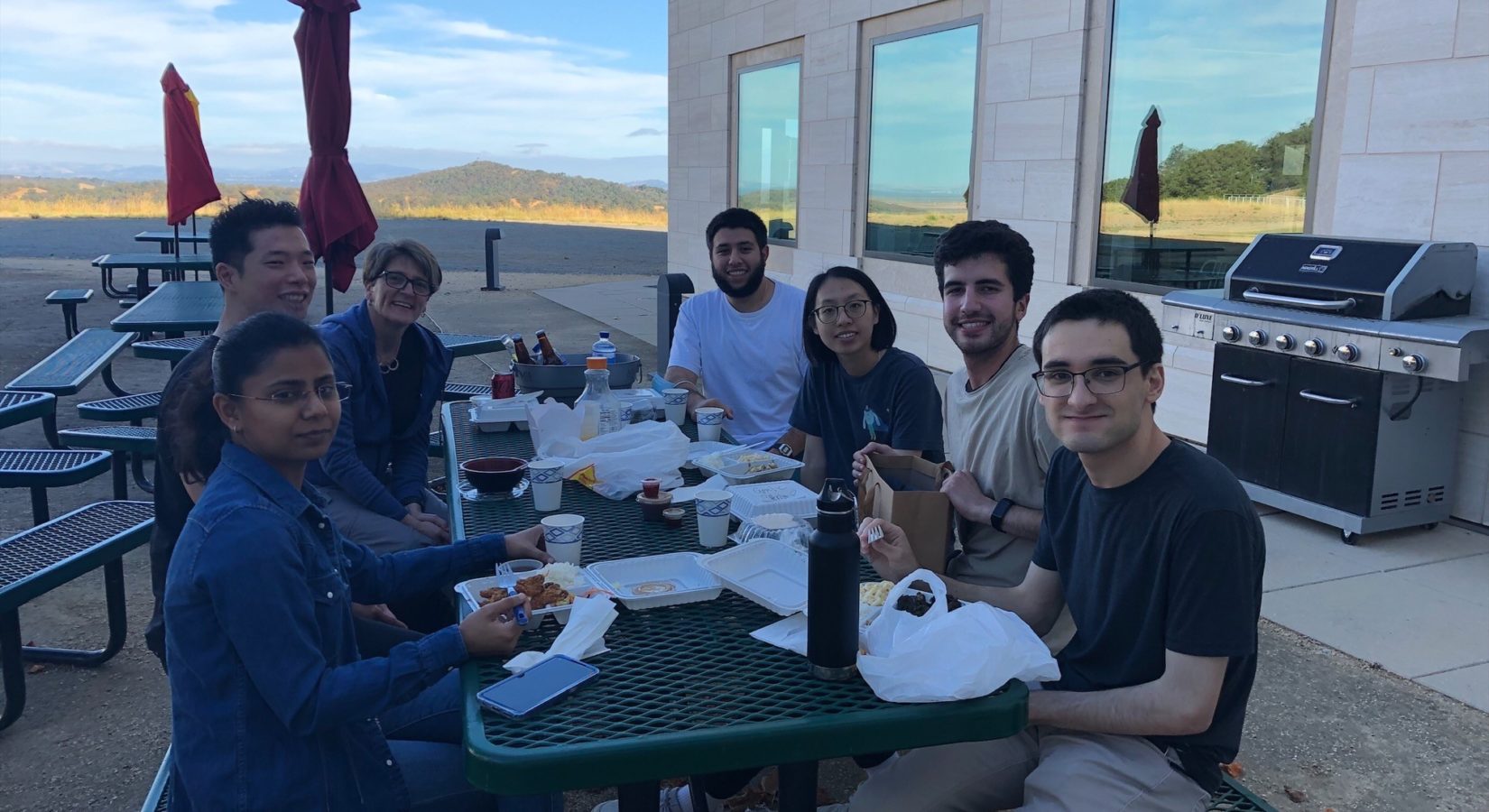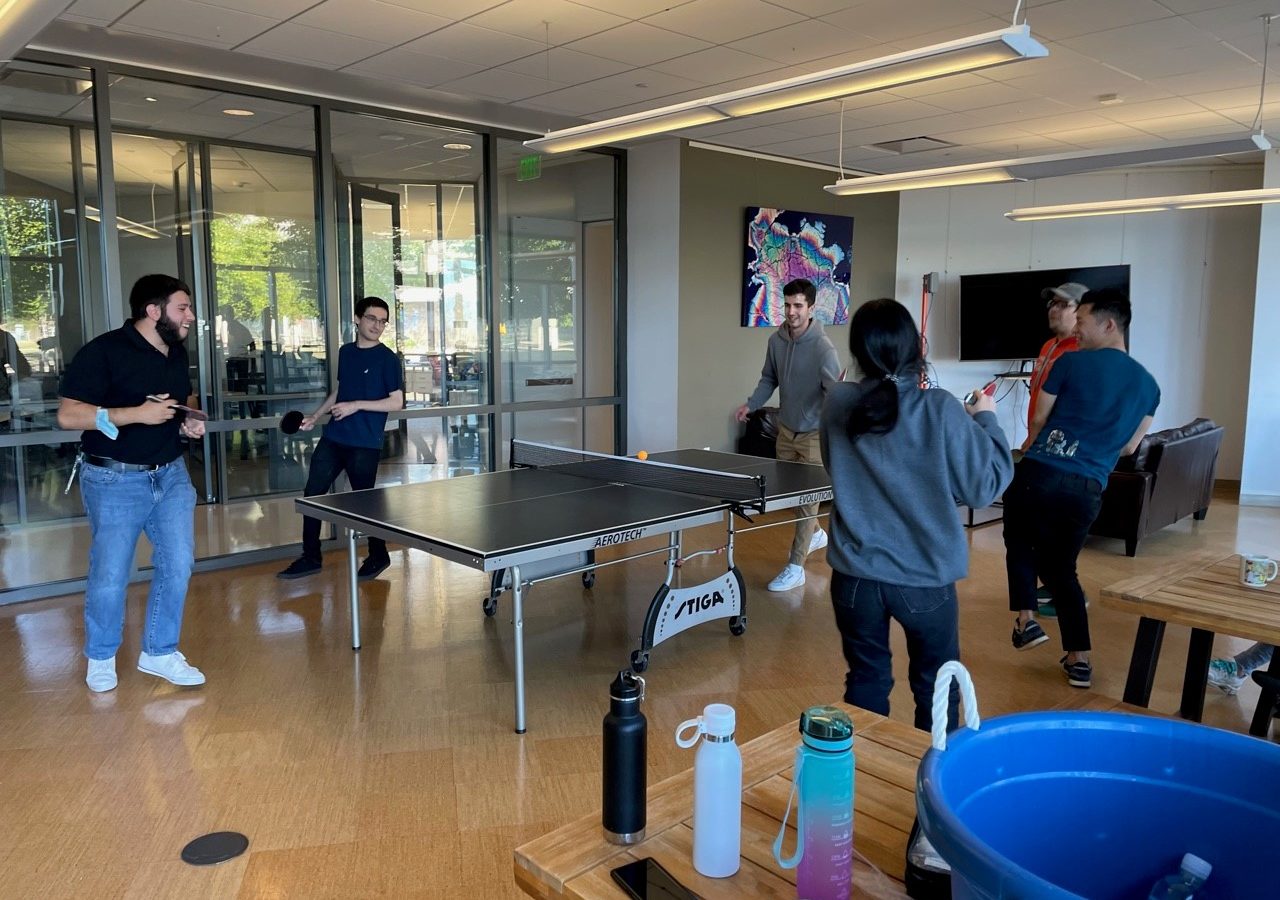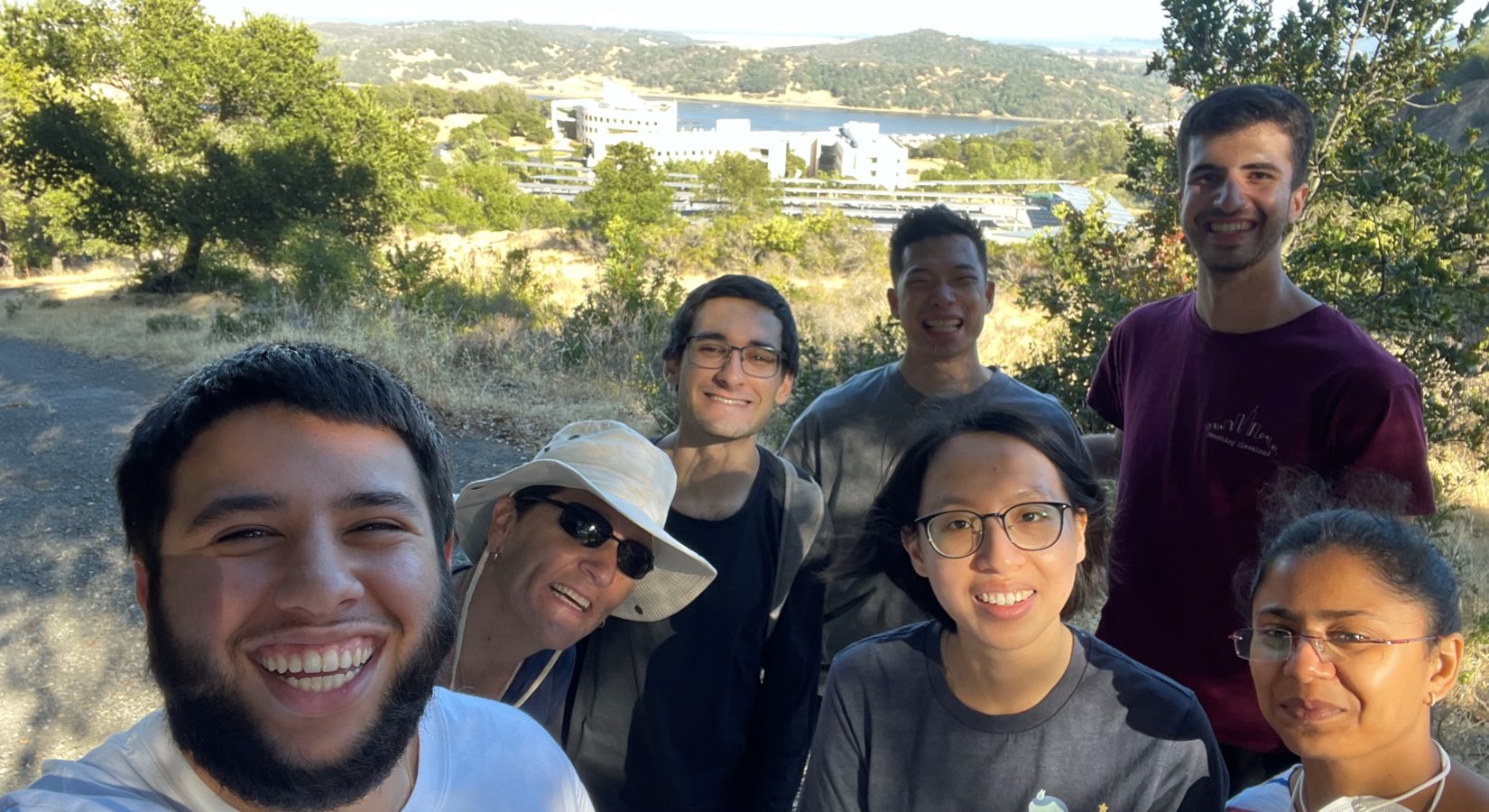HANSEN LAB
Lab focus
The cells in our body need to respond to a number of stressor to maintain homeostasis and protect the body from invading pathogens. A key cellular homeostatic process is autophagy (Greek, ‘self-digestion’), a highly conserved, multi-step pathway that is known to facilitate removal of cytosolic material by lysosomal degradation. A number of autophagy-related proteins also serve additional functions outside of the canonical autophagy process, e.g., in endocytosis and secretion. Conversely, the deregulation of autophagy as well as mutation in many autophagy genes are key to the etiology of multiple diseases, including cancer and neurodegenerative diseases.
In the Hansen lab, we investigate the autophagy process using a combination of genetic, cytological, biochemical and pharmacological approaches in both the short-lived, microscopic nematode Caenorhabditis elegans as well as in human cell culture systems to understand the regulation of autophagy and its age-dependent changes to ultimately reconstitute the process in older organisms and in age-related diseases.
Why it matters
While aging is not only a fundamental and interesting biological process, aging and age-related diseases constitute increasingly important health issues in our society as the population of elderly people in the US is rapidly growing and will be doubled in 2030. An important avenue to help improve human health is via research on the basic mechanisms of aging, a key example being the cellular homeostatic process called autophagy.
Understanding the molecular mechanisms of aging is critical to our efforts to try and develop new therapeutic efforts towards curing age-related diseases and improving the healthy years of our lives.
Malene Hansen, PhD
CENTER DETAILS
Dr. Hansen was born and raised in Denmark and received her M.Sc. and Ph.D. from Copenhagen University. Starting in 2001, Dr. Hansen carried out postdoctoral studies in the laboratory of Professor Cynthia Kenyon, Ph.D., at the University of California, San Francisco. She established her laboratory in 2007 at Sanford Burnham Prebys Medical Discovery Institute in La Jolla, CA, studying molecular mechanisms of aging, and joined the Buck Institute in 2021 as Chief Scientific Officer and faculty member.
Dr. Hansen has been recognized for her research throughout her career, including an Ellison Medical Foundation New Scholar in Aging Award, a Glenn Award for Research in Biological Mechanisms of Aging, a Julie Martin Mid-Career Award in Aging Research and a Breakthrough in Gerontology Award supported by the Ellison Medical Foundation and American Association for Aging Research (AFAR). In 2021, she received the Irving Wright Award of Distinction from AFAR. Moreover, her lab has been funded by federal grants from the National Institute on Aging and the National Institute for General Medical Sciences. Dr. Hansen serves as an ad hoc reviewer for multiple scientific journals and is a past chair of the National Institute of Health’s Cellular and Molecular Mechanisms of Aging study section.
Dr. Hansen has organized a number of international scientific conferences, including the Cold Spring Harbor Laboratory’s meeting on Mechanisms of Aging from 2014-2018 and the 2020 Keystone meeting on Aging. She also co-organized the 2020/2022 Gordon Research Conference on Autophagy.
-
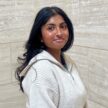 Amrutha Ayyer Research Associate
Amrutha Ayyer Research AssociateAmrutha was born and raised in San Jose, CA and received her B.S. in cell biology at UC Davis. Her previous lab work focused on further understanding the dynamics of the CoQ Biosynthetic pathway and domains in cells. In the Hansen Lab, Amrutha is researching how the basic cellular recycling process called autophagy is regulated during aging, using the nematode C. elegans and mammalian cell culture systems. Outside of the lab, Amrutha has been a professional Kathak Dancer for over 12 years, and continues to practice in her free time. As someone that grew up around nature, she loves to go on hikes. She also spends her free time trying out new recipes and spending time with friends and family.
AAyyer@buckinstitute.org
-
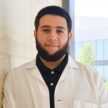 Saam Doroodian Research Associate
Saam Doroodian Research AssociateSaam was born and raised in San Francisco, CA and received his B.S. from the Microbiology and Immunology program at UC Merced. His previous work focused on understanding the microbial content and symbiosis in the sea anemone, Exaptasia Pallida. In the Hansen Lab, Saam is researching how the basic cellular recycling process called autophagy is regulated during aging, using the nematode C. elegans and mammalian cell culture systems. Outside of the lab, Saam enjoys going to the beach with his girlfriend and dogs, playing billiards, and playing backgammon.
SDoroodian@buckinstitute.org
-
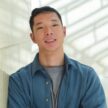 Hiroshi Ebata, PhD Postdoctoral Researcher
Hiroshi Ebata, PhD Postdoctoral ResearcherHiroshi was born and raised in Tokyo, Japan and received his M.Sc. and Ph.D. in cell biology from the University of Tokyo. His work for his dissertation focused on apoptosis regulation by mitochondrial telomerase reverse transcriptase in mammalian cells. In the Hansen lab, he will be exploring how the cellular recycling process called autophagy links to aging using the nematode C. elegans and human cell culture models. Outside of the lab, Hiroshi enjoys weight training, going to art exhibitions, and reading philosophy books.
HEbata@buckinstitute.org
-
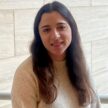 Laurel Koch, PhD Postdoctoral Researcher
Laurel Koch, PhD Postdoctoral ResearcherLaurel was born and raised in San Francisco, CA and received her B.S. and Ph.D. from UC Davis studying integrative genetics and genomics. Her dissertation work focused on the process of asymmetric cell division and how a cell polarizes using the early C.elegans embryo as a model. In the Hansen Lab, Laurel is researching how the basic cellular recycling process called autophagy is regulated during aging, using C. elegans and mammalian cell culture systems. Outside of lab, Laurel enjoys spending time with her dog and family, reading fantasy books, and baking.
LKoch@buckinstitute.org
-
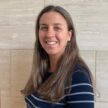 Maria Sallee Staff Scientist
Maria Sallee Staff ScientistMaria was born and raised in Occidental, California and completed her undergraduate studies at the Santa Rosa Junior College and UC Berkeley, where she received her B.A. in molecular and cell biology. She received her Ph.D. in genetics and development from Columbia University, working with Iva Greenwald to understand how transcription factors are regulated to specify distinct cell fates during C. elegans development. She then completed her postdoctoral work with Jessica Feldman at Stanford University, investigating how cytoskeletal and polarity proteins are remodeled during development to build functional organs in C. elegans. Maria recently joined the Hansen lab where she is excited to study how autophagy affects the health and function of different tissues during aging, using C. elegans and human cell culture as models. In addition to research, Maria loves hiking, jigsaw puzzles, political podcasts, and spending time with her family.
MSallee@buckinstitute.org
-
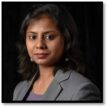 Bijoya Sen, PhD Postdoctoral Researcher
Bijoya Sen, PhD Postdoctoral ResearcherBijoya is from India where she got her bachelor’s and master’s degree in Biotechnology. Aging biology was introduced to her when she joined the lab of Gayatri Ramakrishna in Institute of Liver and Biliary Sciences, New Delhi. There she studied the role of senescence-associated pathways in the progression of liver cirrhosis to hepatocellular carcinoma and received her PhD degree in 2019. Then she joined the Brand lab at Buck as a Glenn postdoctoral fellow. Her area of research was to explore mechanisms by which mitochondrial reactive oxygen species (ROS) acts as a signaling molecule to abrogate various pathways using hypoxia/HIF as a model. She recently joined the Hansen lab where she plans to delve into the cellular recycling process named autophagy and how it affects aging using mammalian cell culture and C. elegans as a model system. Outside of the lab, she enjoys a challenging hike and experimenting with recipes.
BSen@buckinstitute.org
-
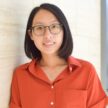 Ling-Hsuan Sun PhD student, USC-Buck Biology of Aging Program
Ling-Hsuan Sun PhD student, USC-Buck Biology of Aging ProgramLing-Hsuan was born and raised in Taiwan and received a dual bachelor’s degree in nutritional science & education and life science from National Taiwan Normal University, Taiwan. Her research experience started in 2012 as an undergraduate student in Dr. Po-Jung Tsai’s lab, and next as a research assistant in Institute of Physiology at National Yang-Ming University, Taiwan in Dr. Tzong-Shyuan Lee’s lab for one year. In 2015, she began research on aging biology in Dr. Ao-lin Allen Hsu’s lab and earned an M.Sc. degree in Biochemistry and Molecular Biology at National Yang-Ming University in 2017. In the Hansen lab, she will be exploring how the cellular recycling process called autophagy links to aging using the nematode C. elegans and mammalian cell models. Aside from research, Ling-Hsuan likes to immerse herself in Kyudo, Japanese traditional archery, which she first started doing during a foreign student exchange to Japan as an undergraduate student.
LSun@buckinstitute.org
Professor and Chief Scientific Officer
MHansen@buckinstitute.org
Phone: 415-209-2251
-
M. B.Michael Broussalian Associate Scientist
At Buck: August 2021-June 2023. From Aug. 2023, Michael is a graduate student at Albert Einstein Medical School.
-
C. K.Caroline Kumsta, PhD Visiting Scientist
At Buck: May 2022. Assistant Professor, Sanford Burnham Prebys Medical Discovery Institute.
-
B. K.Brennen Keuchel Intern
At Buck: May - Aug. 2022 as Undergraduate Student, Vanderbilt University. From Sept. 2023, Brennen is a graduate student in USC/Buck’s Biology of Aging graduate program.
Autophagy measurements in C. elegans are published in Chapter 17:
- Chang, M. Hansen, C. Kumsta. Assessing tissue-specific autophagy flux in adult Caenorhabditis elegans. Chapter 17 in Aging Methods in Molecular Biology (2020) Editor: Sean Curran. Published: Springer Nature. PMID:32410036 [PubMed]
We always excited to hear from researchers interested in joining our lab!
We are looking for motivated and independent scientists who will be fun to work with and who will have fun working with us.
If you are interested, please submit a cover letter explaining your interest in our lab and its research, along with your CV to mhansen@buckinstitute.org.
LAB GALLERY
Selected Publications
- J. L. Nieto-Torres, S-L. Shanahan, R. Chassefeyre, T. Chaiamarit, S. Zaretski, S. Landeras-Bueno, A. Verhelle, S. E. Encalada, M. Hansen, LC3B phosphorylation regulates FYCO1 binding and directional transport of autophagosomes. Current Biology, 2021, Jun 15;S0960-9822(21)00750-8. PMID: 34146484.
- J.L. Nieto-Torres, M. Hansen. Macroautophagy and aging: The impact of cellular recycling on health and longevity. Mol Aspects Med, 2021 Sep 7:101020. doi: 10.1016/j.mam.2021.101020. Online ahead of print. PMID: 34507801
- Kumsta, JT. Chang, R. Lee, EP. Tan, Y. Yang, R. Loureiro, E. Choy, SHY. Lim, I. Saez, A. Springhorn, T. Hoppe, D. Vilchez, and M. Hansen. “The autophagy receptor p62/SQST-1 promotes proteostasis and longevity in C. elegans by inducing autophagy.” Nature Communications, 2019 Dec 11;10(1):5648. doi: 10.1038/s41467-019-13540-4. PMID: 31827090.
- Hansen, DC. Rubinsztein, and DW Walker. “Autophagy as a promoter of longevity: insights from model organisms”. Nature Reviews Molecular Cell Biology (2018), Sep;19(9):579-593, doi:10.1038/s41580-018-0033-y. PMCID: PMC6424591.
- Chang, C. Kumsta, A. Hellman, L. Adams, and M. Hansen. “Spatiotemporal regulation of autophagy during C. elegans aging”, eLife (2017);6. doi:10.7554/eLife18459. PMCID:PMC5496740.
- Kumsta, JT. Chang, J. Schmalz, and M. Hansen. Hormetic heat stress and HSF-1 induce autophagy to improve survival and proteostasis in C. elegans, Nature Communications (2017) Feb 15;8:14337. doi: 10.1038/ncomms14337, PMID: 28198373, PMCID: PMC5316864.
- Wilkinson, JS. Jariwala, E. Anderson, K. Mitra, J. Meisenhelder, JT. Chang, T. Ideker, T. Hunter, V. Nizet, A. Dillin, M. Hansen, “Phosphorylation of LC3 by the Hippo kinases STK3/STK4 is essential for autophagy”, Molecular Cell, 2015, Jan 8;57(1):55-68. PMCID: PMC4373083.
- Lapierre, C. Daniel De Magalhaes Filho, PR. McQuary, CC. Chu, O. Visvikis, JT. Chang, S. Gelino, B. Ong, A. Davis, JE. Irazoqui, A. Dillin, and M. Hansen, “The TFEB orthologue HLH-30 regulates autophagy and modulates longevity in Caenorhabditis elegans”, Nature Communications (2013) Aug 8; 4:2267. PMCID: PMC3866206.
Dr. Hansen’s full publication list
